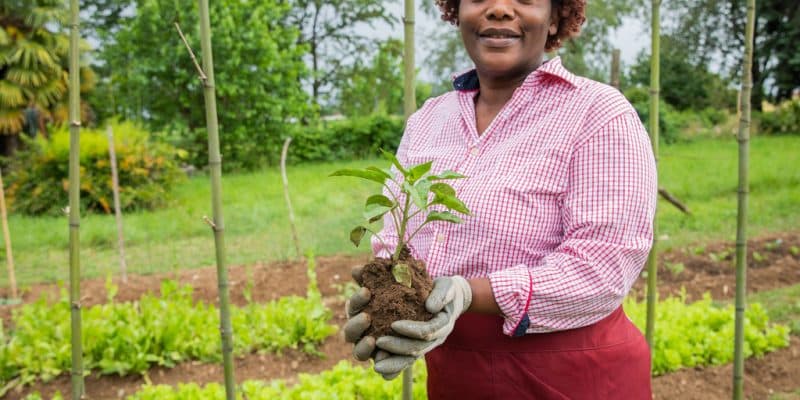Land restoration and resource preservation. This is the objective of the Sustainable Management of Semi-Arid Lands and Ecosystems project in Togo. The initiative has already resulted in the planting of 634,502 trees in the Savanes region, just eight months after its national launch.
According to the United Nations Development Programme (UNDP), Togo loses about 23,490 hectares of land per year, which leads to a decline in productivity and loss of biodiversity. In this context, the government of this West African country is implementing the Sustainable Management of Semi-Arid Lands and Ecosystems in Togo project. Since the launch of the first phase in March 2022, the Savanes region has welcomed the project with 634,502 trees planted to date on an area of 186,788 hectares.
In the division of Tône, for example, the mobilisation of civil society organisations (CSOs) has enabled the planting of 45,307 trees on an area of about 70 hectares of land. “We must now consider appropriate reforestation solutions in order to reach 1 billion trees by 2030, as set by the Togolese executive,” says Aboudoulaye Nambiema, the regional director of the Environment and Forest Resources of the Savannah.
The Sustainable Management of Semi-Arid Lands and Ecosystems in Togo project is financed to the tune of US$15.8 million by the Togolese government and several development partners such as the Food and Agriculture Organization of the United Nations (FAO), the UNDP and the Global Environment Facility (GEF).
Read also-
This funding aims to reduce pressure on natural resources through the restoration of ecosystems such as agroforestry and grazing areas. In the Kara region, where the project is also being implemented, land degradation is exacerbated by several factors, including demographic pressure, wildfires and the use of pesticides by farmers.
Benoit-Ivan Wansi







